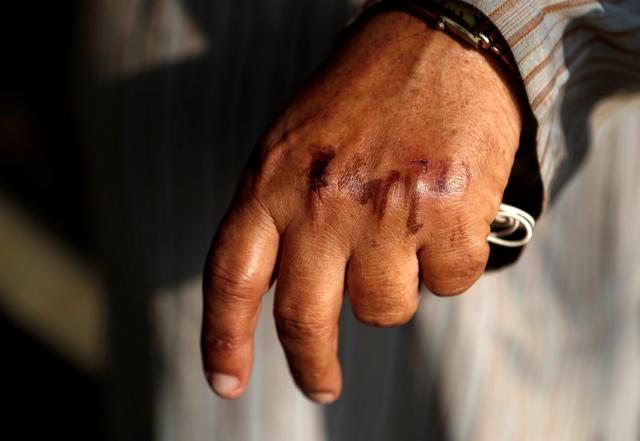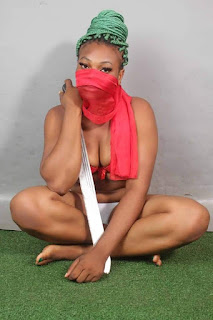In Modi’s India, Virus Fallout Inflames Divisions Between Muslims And Hindus
The purple ink stamped on Iqbal Hussain Siddiqui’s hand by Indian health workers was supposed to ensure he stayed home under quarantine.

But the 66-year-old Siddiqui, an egg seller in Mumbai’s sprawling Dharavi slum, rubbed it off as best he could and went back to work. The mark would have condemned him to being stuck in an unventilated one-room home without a toilet.
It was also, he claimed, part of an effort by the Hindu nationalist government of Prime Minister Narendra Modi to target Muslims like him, using health workers to gather data on the community under the guise of containing the COVID-19 pandemic.
“Modi wants to make Muslims second class citizens,” said Siddiqui, who was ordered to be quarantined after a neighbor tested positive for the virus. “There is no one who is sick — it’s all a lie.”
His suspicions were echoed by a half-dozen other Muslims whom Reuters talked to in Dharavi, even though community leaders say they have been trying to convince people that the health workers are in the district to protect them from COVID-19.
As the coronavirus sweeps across India, Modi’s government has responded by imposing a lockdown on the country’s 1.3 billion people. As of Friday, India had announced 437 deaths from the disease.
The coronavirus has also exacerbated festering divisions between the country’s Hindus and its sizable Muslim minority, many of whom have seen their livelihoods threatened by the establishment of quarantine zones in densely-packed areas like Dharavi. There have been at least 71 confirmed cases in Dharavi.
A deep-rooted distrust of Modi by Muslims follows months of protests against a new citizenship law that critics say discriminates against Muslims, and a crackdown by India in the Muslim-majority territory of Kashmir.
There is no official breakdown of coronavirus cases by religion. But many Muslims feel unfairly blamed for spreading the disease after a cluster emerged at a gathering of Muslim missionaries in New Delhi last month. Sensational news coverage about the event, fanned by some Hindu nationalist politicians, helped spur the trending topic “Coronajihad” on social media.
The missionary gathering has been linked to at least 1,000 confirmed coronavirus cases, and more than 25,500 people connected to it have been quarantined.
Muslim leaders say a belief that the coronavirus is not real has spread in their communities, but that they have been working through mosques to change those perceptions.
“There is a strong feeling of distrust in the Muslim community towards the establishment,” said Gyasuddin Shaikh, a politician with the opposition Congress party in Ahmedabad, the biggest city in Modi’s home state of Gujarat, which was the scene of Hindu-Muslim riots in 2002. “It took us a lot of time and effort to convince such people that the documents are needed for medical assistance.”






Comments
Post a Comment
Music | video | comedy | entertainment | sports | News |
BLOG WITH US TODAY. FOR CONTACT CALL 📲 +234705 265 4723 |